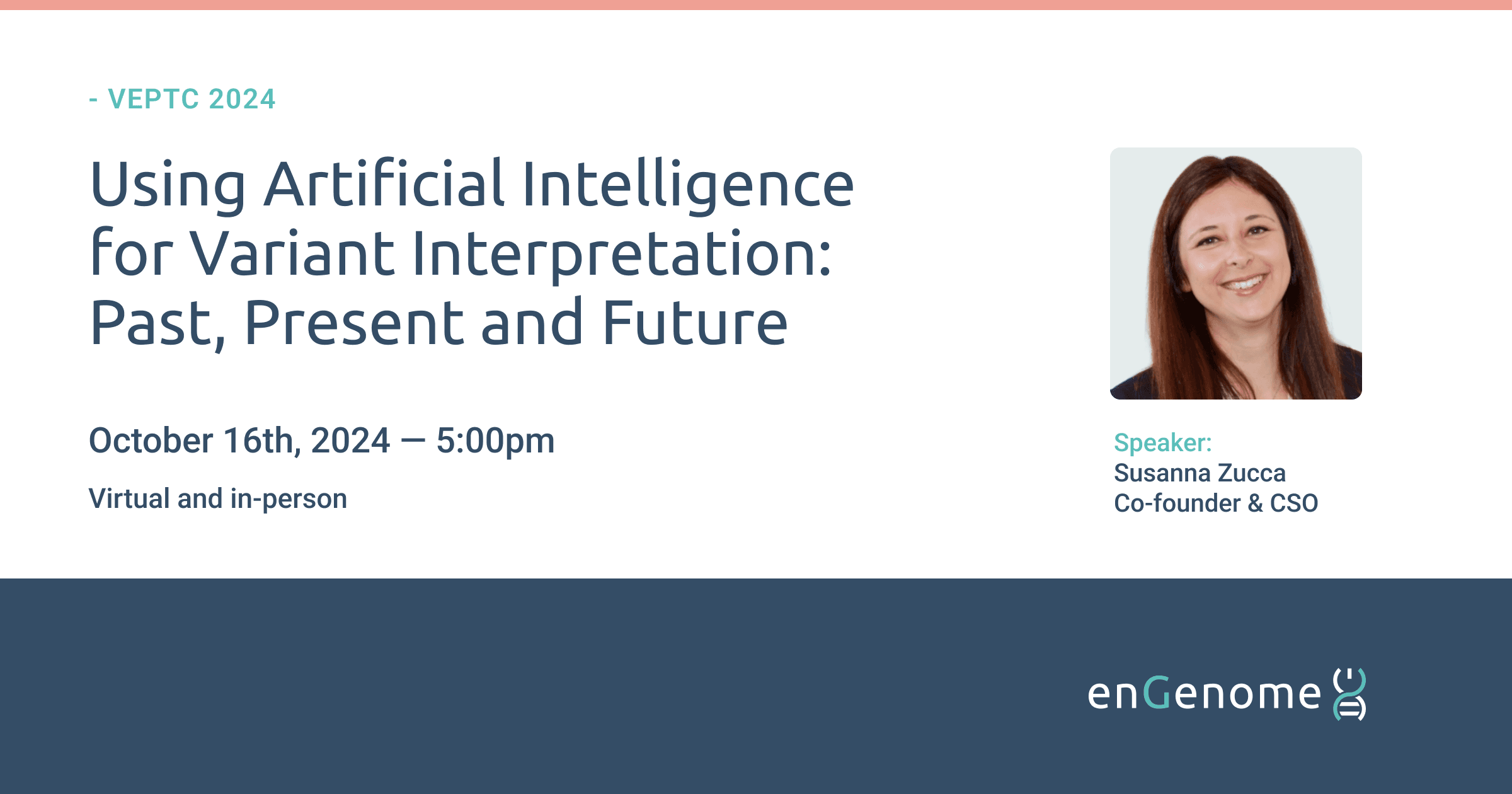As personalized medicine progresses, the ability to predict the impact of genetic variants on individual health has become increasingly important. Artificial Intelligence (AI) has played a crucial role in enhancing this process, enabling the analysis of vast datasets and revealing patterns that were previously inaccessible. Though AI is often seen as a recent innovation, it encompasses a variety of methods and algorithms, many of which have been used for decades.
Early AI applications in genomics began with basic machine learning (ML) models aimed at predicting the pathogenicity of genetic variants. Tools such as PolyPhen2 and SIFT were among the first breakthroughs in AI-driven genomic prediction. Additionally, rule-based systems emerged, automating the application of variant interpretation guidelines. These developments laid the groundwork for more sophisticated techniques.
Today, AI in genomics has been transformed by deep learning models, which have dramatically improved the interpretation of high-dimensional genomic data. On one hand, deep learning has driven the development of advanced variant effect predictors like AlphaMissense, SpliceAI, and PrimateAI. On the other hand, frameworks that integrate clinical data are now pivotal in clinical diagnostics, improving both the accuracy and efficiency of variant interpretation. Emerging approaches, including explainable AI and transfer learning, are expected to further enhance model transparency and reliability.
Looking forward, AI's role in genomics is likely to expand further into precision medicine and routine clinical practice. These advancements are poised to improve personalized disease risk predictions and treatment outcome forecasts. Generative AI, which is already transforming various aspects of daily life, is also set to play a crucial role in clinical tasks.





